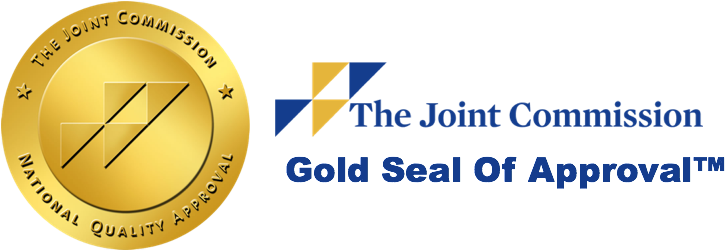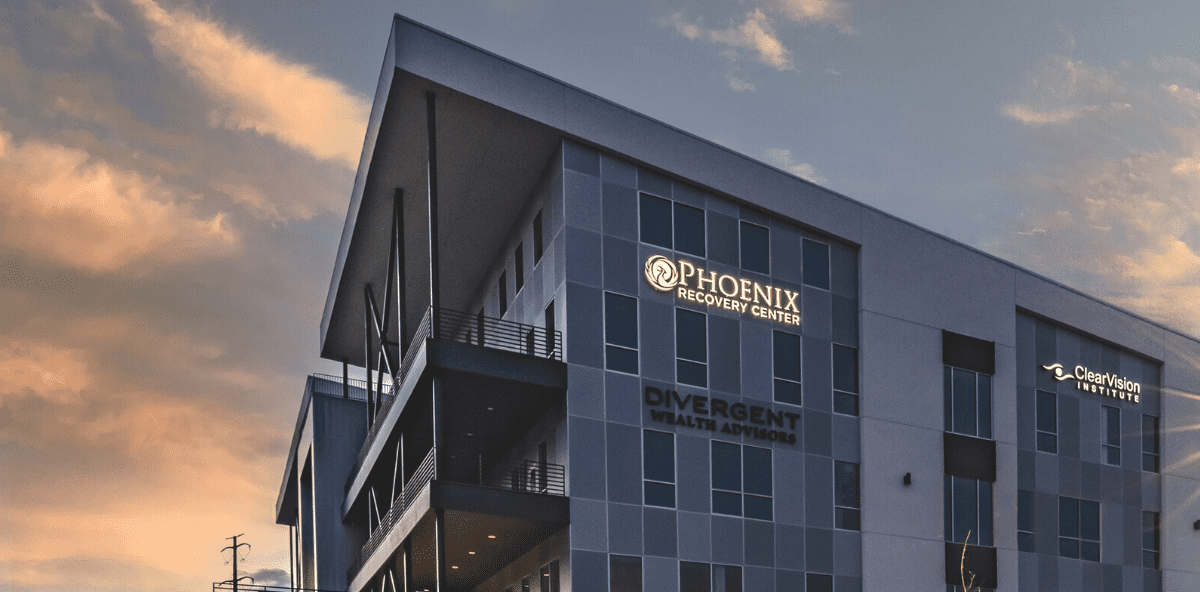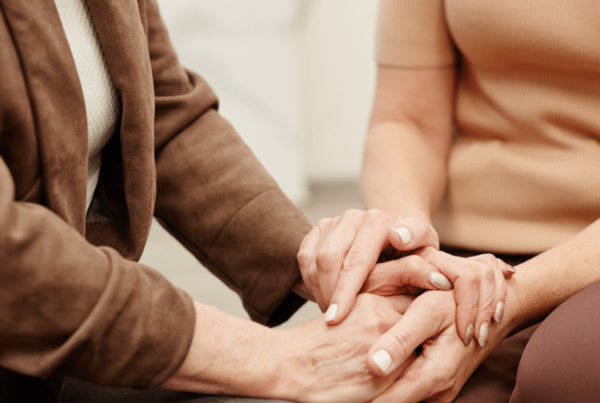Depression is a mood disorder that causes a persistent feeling of sadness and loss of interest in everyday activities. Also referred to as clinical depression or major depressive disorder, depression affects how you feel, think, and behave and can lead to a variety of emotional and physical problems. Severity can range from loss of interest in everyday activities to loss of interest in continuing life.
Inpatient Treatment for Depression
Inpatient treatment for depression is a type of hospitalization in which people with depression receive 24-hour care and monitoring in a hospital setting. A residential level of care is typically reserved for people who are experiencing severe symptoms that have not responded to other forms of treatment, such as medication or outpatient therapy.
Inpatient treatment provides a safe and structured environment where people can focus on their recovery. It also allows for close monitoring of symptoms and side effects, which can be vital for people who are transitioning to new medications or adjusting to other changes in their treatment plan.
It is often difficult to know when to seek help. If you are experiencing these six signs, you may be a candidate for inpatient treatment for depression.
#1. Your Depression Is Negatively Affecting Your Relationships
Depression is a serious condition that can have a number of adverse effects on every aspect of your life, including your relationships. Depression can cause you to withdraw from social activities and lose interest in things you used to enjoy, making it difficult to maintain close relationships. In addition, depression can lead to feelings of irritability, guilt, and worthlessness, which can cause arguments and conflict with friends and loved ones.
#2. You Lack the Motivation to Socialize or Leave the House
One of the most common – and perhaps most debilitating – symptoms of depression is a profound lack of motivation. When faced with the prospect of socializing or even just leaving the house, individuals with depression may find themselves consumed by lethargy and an overwhelming sense of despair. In severe cases, this can lead to complete social isolation. With the proper treatment, it is possible to regain the motivation to participate in activities and enjoy life again.
#3. You’re Not Meeting Expectations at Work
Depression can cause a range of symptoms, including feelings of sadness, loss of interest or pleasure, fatigue, problems concentrating, changes in appetite or sleep, and thoughts of death or suicide. Depression can make it difficult to function at work or home and can lead to missed deadlines, absenteeism, and decreased productivity. If you are experiencing these symptoms of depression, it is crucial to seek treatment from a mental health professional. With proper treatment, most individuals with depression can manage their symptoms and live productive lives.
#4. You’re Using Drugs and Alcohol to Cope
It is not uncommon for individuals struggling with depression to also struggle with alcohol and/or drug use. Substance abuse often occurs because self-medicating with drugs or alcohol can seem like an effective way to cope with the symptoms of depression. However, substance abuse quickly leads to its own set of problems, making it difficult or impossible to maintain healthy personal and professional relationships. Substance abuse can also lead to financial instability and legal trouble.
#5. You’re Having Thoughts of Self-Harm
In severe cases, depression can also lead to thoughts of self-harm. It’s important to understand the difference between self-harm and suicidal thoughts. Self-harm is when an individual deliberately harms themselves physically, usually in an attempt to cope with difficult emotions. Self-harm can include cutting, burning, or bruising oneself.
Self-harm is often a way for people to release pent-up feelings of pain, anger, or frustration. It’s important to remember that self-harm is not a cry for attention or a bid for sympathy. Rather, it’s a way for people to deal with their pain in the moment. If you’re struggling with self-harm, it’s important to reach out for help from a trusted friend or family member. There are also many hotlines and online resources available to help you cope with your feelings in a healthy way. Depression is a treatable condition, and there are many effective treatments available. With the proper support, you can learn to manage your depression and regain your sense of hope and wellbeing.
#6. You’re Having Thoughts of Ending Your Life
On the other hand, suicidal thoughts are when a person thinks about or plans to take their own life. If you are experiencing suicidal thoughts, you must seek professional help as soon as possible. There are a number of effective depression treatments available, and with the right support, it is possible to recover from this debilitating condition. If you are feeling overwhelmed or hopeless, please reach out for help.
Length of Inpatient Treatment
The length of inpatient treatment varies depending on the individual, but it typically lasts for several weeks. During inpatient treatment for depression, you will work with a team of mental health professionals to develop a treatment plan that may include medication, therapy, and other supportive measures. Inpatient treatment for depression is not a cure. After completing inpatient treatment, people with depression will typically continue to receive outpatient care to help maintain their recovery.
Depression is a debilitating and complex mental health disorder. Trying to navigate treatment on your own can be frightening and overwhelming. The severity of depression occurs on a spectrum. If you are struggling with any of the six signs listed above, you may benefit from inpatient treatment for depression. The Phoenix Recovery Center offers several options for level of care, including residential mental health treatment. At The Phoenix, we provide medications, psychotherapy, and holistic remedies tailored to your individual needs. Our clients experience a continuum of care that addresses not only healing for the mind but the body and spirit as well. Located in the breathtaking mountains of Utah, The Phoenix Recovery Center is among the top mental health facilities in Utah and provides a tranquil setting for beginning and maintaining your recovery. If you or a loved one is struggling with depression, there is effective help available. To get more information about our services, call us today at (801) 438-3185.







